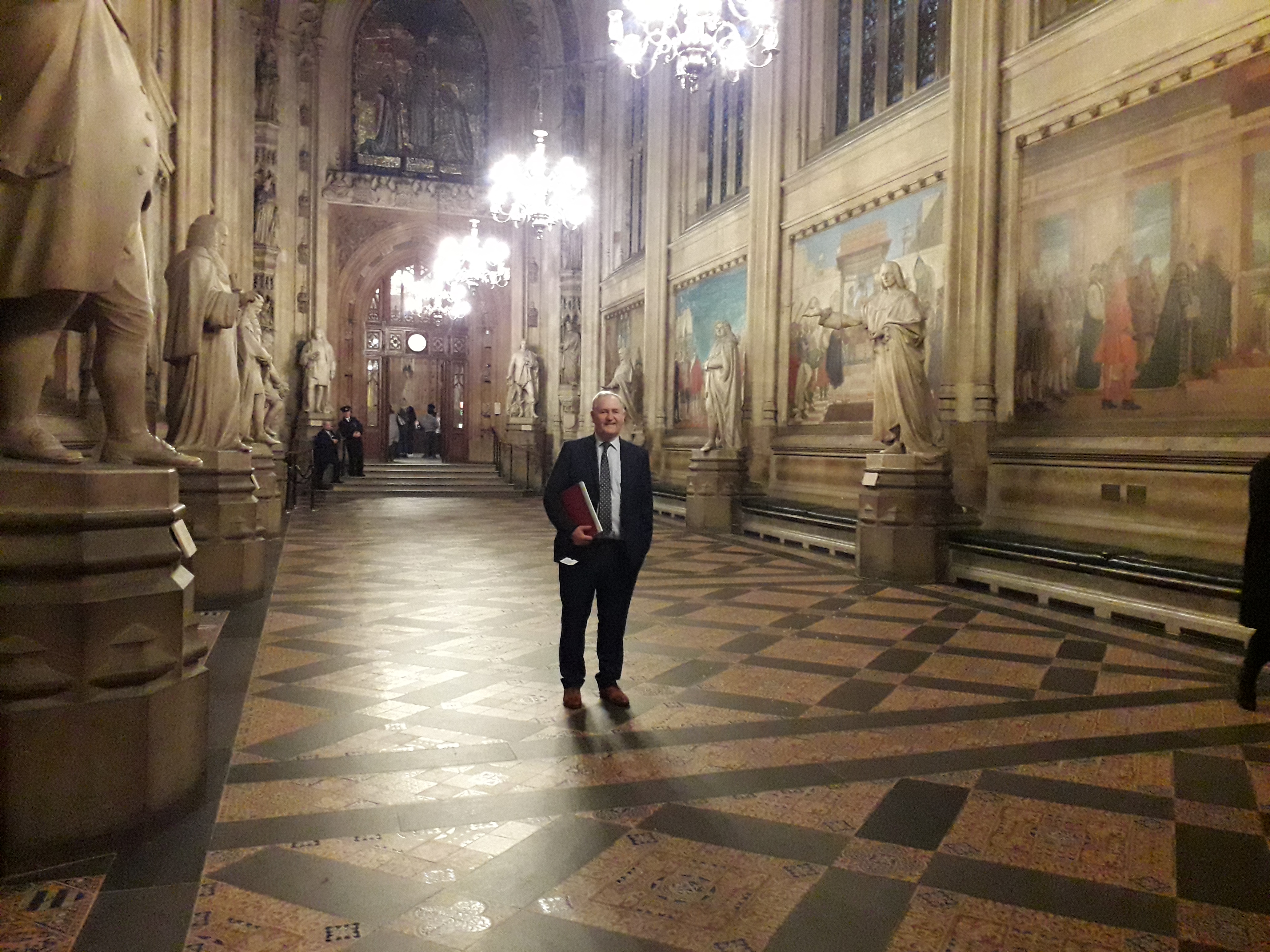 We were delighted to be in parliament for the Chancellor’s Autumn Budget. As promised in our earlier post, and as has been our custom for the past 35 years, here is our summary of the main announcements. Any questions, please get in touch at 028 796 31343.
We were delighted to be in parliament for the Chancellor’s Autumn Budget. As promised in our earlier post, and as has been our custom for the past 35 years, here is our summary of the main announcements. Any questions, please get in touch at 028 796 31343.
Personal Allowance
The Chancellor announced that for 2018/19 the individual personal allowance will rise from £11,500 to £11,850, and the higher rate threshold will increase from £45,000 to £46,350. The rates of tax will remain at 20% and 40% for the basic and higher rates, and the additional rate of tax is unchanged at 45%.
Corporation Tax
The rate for 2018/19 will remain unchanged at 19%. However, the chancellor announced changes to the way companies’ chargeable gains are calculated.
Capital Gains Tax Relief indexation for companies will be frozen from 1st Jan 2018. This relief was originally introduced to avoid taxation of gains which were attributable to inflation.
Dividends
The dividend allowance is to be reduced from its current tax-free amount of £5000 p.a. for 2017/18 to £2000 for 2018/19. This measure will cost basic rate taxpayers £225 and higher rate tax payers £975 p.a.
Value Added Tax
The VAT registration threshold will remain unchanged at £85,000 for the next two years until April 2020 while the government consults on future thresholds. It has been widely suggested that this should be lowered to bring more businesses into the VAT net. Apparently, the government suspects that small businesses deliberately keep their turnover under the VAT registration threshold in order to avoid paying one sixth of their takings to the Treasury!
Capital Gains Tax
The annual exempt allowance will rise from £11,300 at present to £11,700 in 2018/19.
Stamp Duty
This was the most eye-catching feature of the Chancellor’s speech. He has abolished stamp duty for first-time buyers paying up to £300,000 for a residential property. On a property of £250,000, this will give a saving of £2500.
Excise Duties
In 2018, fuel duty will remain frozen for the eighth year in a row. After years of encouraging us to buy diesel cars, the Treasury has decided that a road tax increase of up to £500 will be imposed on new diesel cars to crack down on pollution. This charge will be avoided as soon as manufacturers bring forward the next generation of cleaner diesels.
Increase of 28p on a packet of cigarettes (2% above inflation).
Duties on beer, cider, wine and spirits will be frozen, with increased duties on cheap, high strength alcohol drinks.
Air passenger duty on short-haul flights to be frozen for the sixth year in a row. Extra duty of £16 will be levied on first class travel tickets and £47 on private jets. In principle, this may seem counterproductive at a time when the government’s aim is to make Britain more attractive for international business post-Brexit.
Enterprise Investment Scheme
The annual investment amount has been doubled to £2million provided the amount goes to knowledge-intensive companies. The government will attempt to disallow investments in low-risk capital preservation schemes.
Making Tax Digital
The government has postponed plans to make businesses and landlord keep digital records and report quarterly to HMRC. They have abandoned their proposals to make small businesses and landlords subject to the MTD regime.
Final Thoughts
Once again, electoral considerations have forced the Chancellor to postpone the long-held aim of balancing the budget. It now looks unlikely that this will be achieved within the next ten years.
The stamp duty cut may actually be neutral at best as prices of lower cost homes may rise to counter the saving.
If you have any questions about this Budget Announcement or about taxation for your business, please feel free to email jb@johnbarfoot.co.uk, or phone 028 796 31343.